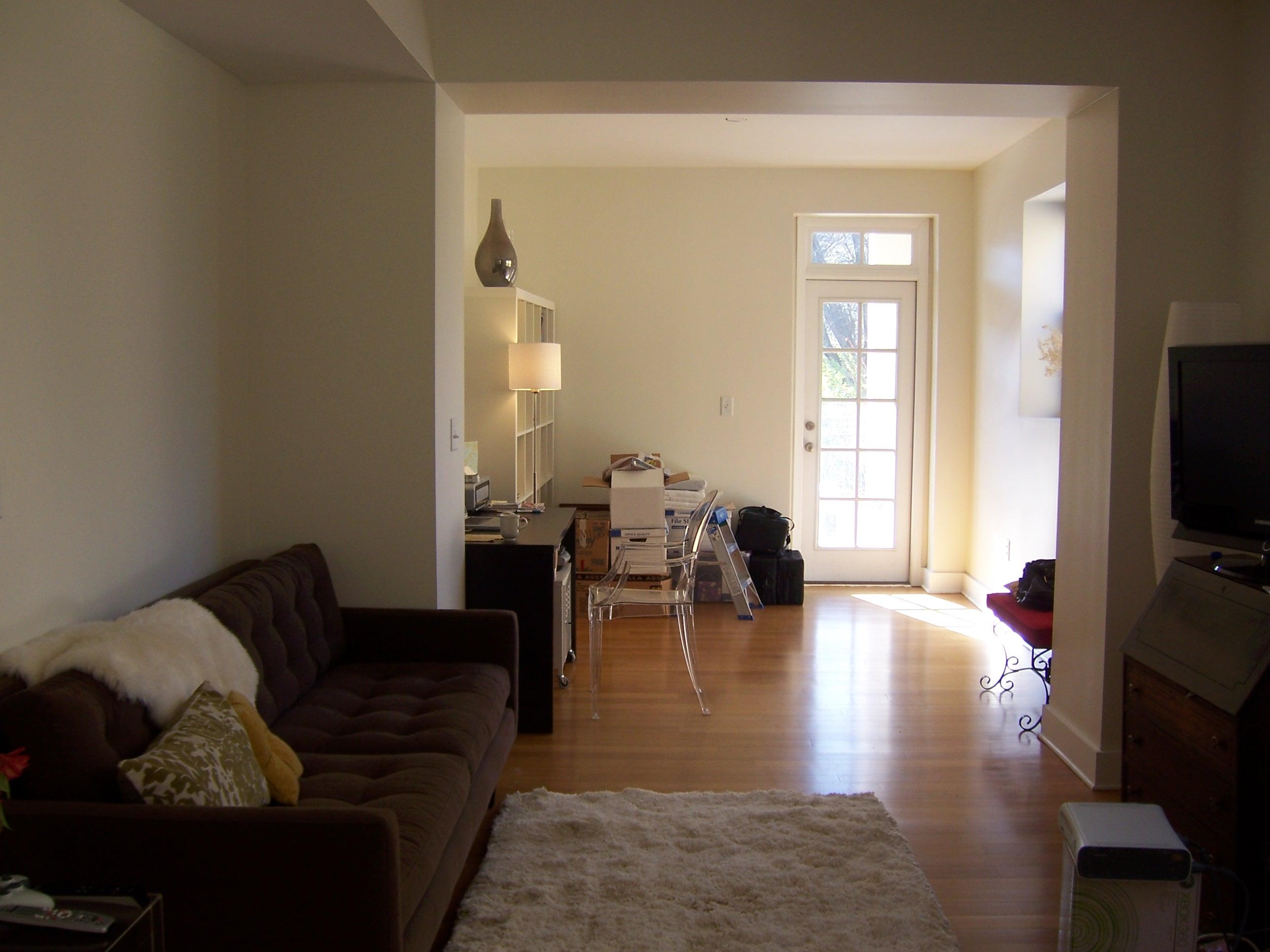
03 May Should I become a landlord?
Photo: DMedina/morguefile.comQ. I live in a retirement community and there are several open units. I’m thinking of buying them and renting them out, but I would have to take mortgages or take money from my retirement accounts. What should I think about?
— Maybe a landlord
A. Real estate can be a good investment and an integral part of a portfolio, but it’s not a slam dunk without further consideration.
You need to look closely at the units you’re considering, said Steven Gallo, a certified public accountant with U.S. Financial Services in Fairfield.
“Any investment — whether it be real estate, stocks or bonds — needs to be evaluated based on risk and reward,” Gallo said.
So start by asking yourself: Are these units open for a reason? Do they need work to make them livable? Is there a demand for units? Are there empty units on a regular basis?
Then you need to look at the cost to purchase the unit, the cost to maintain it and the potential rental income you will receive to figure out what your potential return on investment would be, Gallo said.
“Once the potential return is established you must decide if the return is high enough compared to the risks involved,” he said. “Remember if the unit is empty for a month or two in the course of a year your return will be substantially reduced or even totally erased.”
How you purchase the units is another question to consider.
Normally, leveraging real estate makes the most financial sense, but qualifying for the mortgages can be an issue, Gallo said.
“If you are currently retired yourself and living on a fixed income getting approvals on the loan may be a challenge,” he said. “Taking money out of your retirement accounts is an option but you need to consider the tax ramifications.”
As an example, if you need $150,000 to buy the unit in cash, depending on your tax situation, you may need to take as much as $200,000 out of your retirement funds to net the $150,000 required to buy the unit, Gallo said.
Dean Shah, a certified financial planner with Stonegate Wealth Management in Oakland, warns about the tax ramifications of taking money from your tax-deferred retirement accounts.
“Ordinary income tax will be generated if you make withdrawals from a deferred retirement account and you will be taxed at your marginal bracket rate,” Shah said. “You may also incur a 10 percent penalty if you take a distribution from a qualified account and are under 59½.”
That’s not something he’d generally recommend, he said.
Instead, Shah recommends funding the purchase with mortgage debt, but you should make sure your loan-to-value ratio isn’t too high.
“Banks may not allow you to make the loan-to-value ratio on a non-owner occupied property higher than 60 to 70 percent,” Shah said, noting another advantage to having mortgage debt is that the interest is tax deductible.
Money aside, before you decide to become a landlord, be sure you’re up to the task.
Email your questions to .
This post was first published in May 2016.
NJMoneyHelp.com presents certain general financial planning principles and advice, but should never be viewed as a substitute for obtaining advice from a personal professional advisor who understands your unique individual circumstances.
